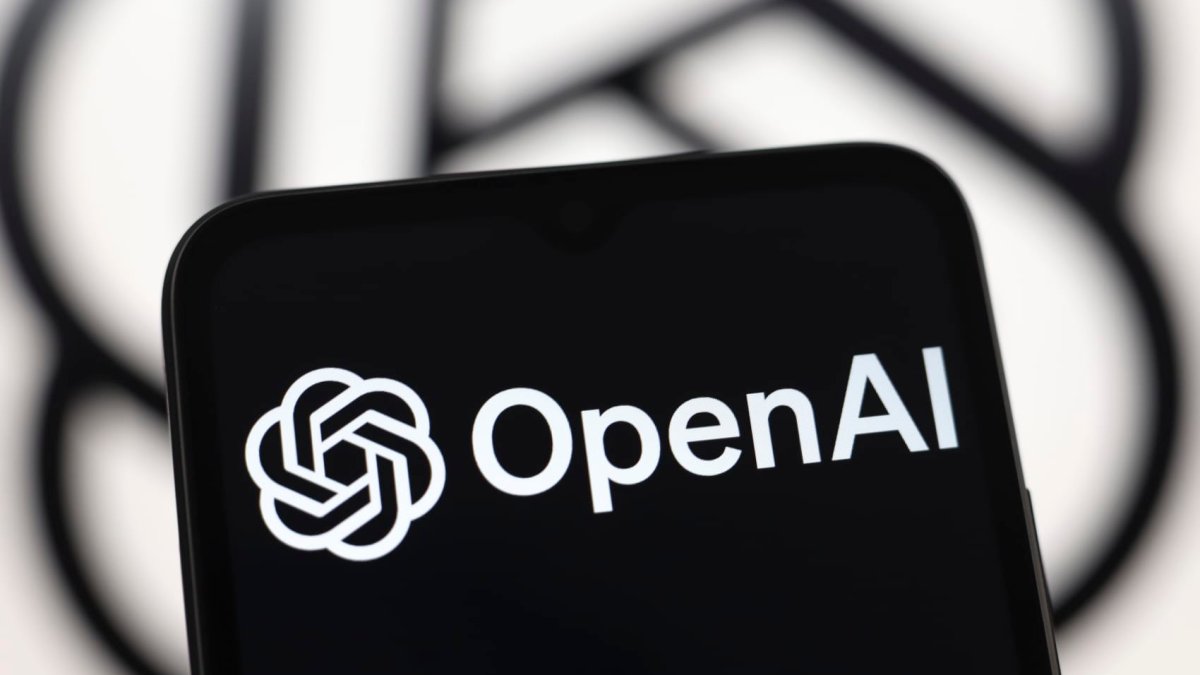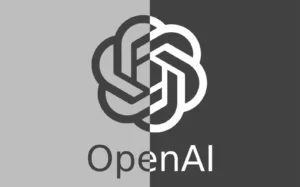OpenAI Appoints Philanthropy Advisers Amid Transition to For-Profit Model

OpenAI’s New Advisory Board: Key Figures and Their Roles
OpenAI, known for its innovative AI developments, has appointed a temporary advisory board comprised of notable figures to help shape its philanthropic direction. This move comes as the company transitions from a nonprofit model to a more profit-driven structure.
Notable Members of the Advisory Board
Among the four appointed members, Dolores Huerta stands out. At 95 years old, Huerta co-founded the first farmworkers union alongside Cesar Chavez during the early 1960s. Her extensive background in advocacy for marginalized communities positions her as a significant contributor to discussions about the implications of artificial intelligence (AI).
Other Board Members
- Monica Lozano – Former executive in Spanish-language media.
- Robert Ross – Recently retired president of The California Endowment.
- Jack Oliver – Attorney and seasoned Republican fundraiser.
Daniel Zingale, who has worked as an aide to various California governors, is leading this newly formed commission. He expresses a strong belief in Huerta’s ability to influence contemporary conversations around AI, emphasizing her recognition of its significance in society.
The Objectives of the Advisory Board
The board has a limited timeframe of 90 days to provide recommendations on how OpenAI should navigate its philanthropic efforts. The company states that these initiatives will take into account both the opportunities and challenges posed by AI technologies.
Zingale has articulated a vision for how this technology should benefit everyday people and community organizations. He believes that by taking community feedback into account, they can steer AI’s impact toward a positive outcome for humanity.
Ongoing Challenges for OpenAI
Despite these exciting developments, OpenAI faces several hurdles as it attempts to fully shift its operations toward a for-profit model. These challenges include:
- Obtaining approval from California and Delaware’s attorneys general.
- Addressing a lawsuit from co-founder Elon Musk, who has raised concerns about the company’s trajectory.
- Finding a way to buy out costly assets held by its original nonprofit structure.
The company recently announced plans to raise $40 billion in funding, which, if successful, could increase its valuation to around $300 billion. It has garnered backing from major investors like SoftBank.
Community Pushback and Legal Concerns
In light of OpenAI’s transformation, a coalition of labor leaders and nonprofit organizations has urged California’s Attorney General, Rob Bonta, to investigate the company. They argue that the conversion to a profit-oriented entity poses risks to its charitable mission and could lead to conflicts of interest.
Their call for scrutiny centers around ensuring that the resources and assets initially intended for public benefit are not diverted toward private gain. Some leaders, including Orson Aguilar, CEO of LatinoProsperity, believe that the advisory council, while comprised of distinguished members, might simply serve as a distraction from the pressing issues concerning the potential misuse of OpenAI’s nonprofit assets.
The Broader Context
OpenAI was originally established in 2015 as a nonprofit research entity focused on developing AI technologies that would serve humanity responsibly. Over the years, as the company expanded and shifted resources to a for-profit branch, it has maintained oversight from a nonprofit board. However, the latest attempts to further transition into a for-profit corporation are raising questions about the sustainability of its charitable commitments.
The discussions surrounding OpenAI’s new advisory board and its philanthropic strategies are not just about aiding the company’s restructuring; they delve into fundamental issues regarding the ethical governance of AI and the societal implications of its development. As this conversation unfolds, the voices from the advisory board, especially experienced activists like Huerta, will likely play a crucial role in shaping the narrative.






